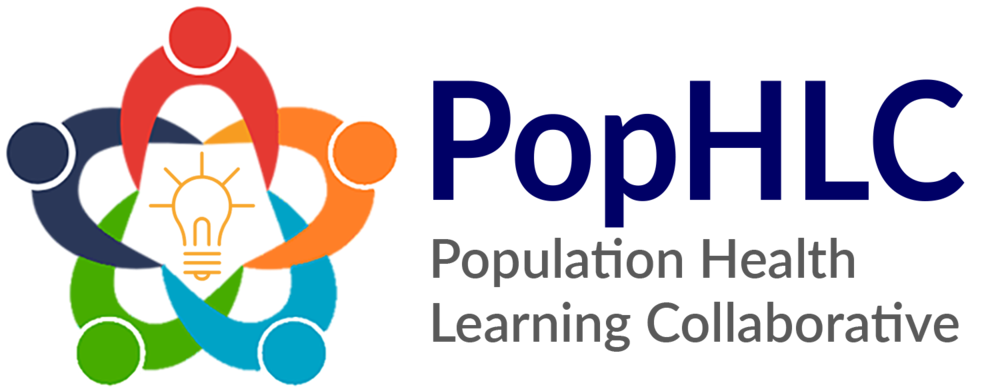Using the Power of AI to Detect Dementia and Improve Caregiving
The accelerating increase in people living with dementia is rapidly outstripping the capabilities of most regions to properly care for them. Fortunately, there are ways that economically scalable technologies can help us better address this extraordinary challenge. This webinar will share encouraging ways that AI technology can help with earlier and more economical detection of Alzheimer’s Disease or other forms of dementia. With earlier detection, many interventions—both medications and non-pharma interventions—can have a greater success in extending the time when a person can enjoy life with fewer of the debilitating symptoms that grow worse as the disease progresses. The webinar will also share two examples of promising high-impact, low-cost strategies that can significantly enhance the care of people living with dementia in both in-home and congregate living settings.
Short Segments from the Webinar
While most people who support people living with dementia have at least some appreciation of the power of music to help enhance the quality of life of those living with dementia and their caregivers, this webinar will show how precision music, powered by Artificial Intelligence, can be a major improvement in how music can enhance caregiving. Participants will also learn how technology is equipping caregivers with high-impact, personalized information on how to address over 60 common challenges experienced by people living with dementia. This game-changing tool can dramatically improve the ways that assisted living, SNF, and memory care staff (or in-home caregivers) can engage with a person struggling with some aspect of dementia, even if the caregiver or staff is new and lacks significant experience in caring for people with dementia.
These AI-powered tools are showing inspiring results in improving staff’s morale, reducing turnover, and enhancing the quality of life of those they are caring for.
Speakers
Bill Barberg, a co-founder of the Population Health Learning Collaborative, is the President and Founder of InsightFormation, Inc., a Minnesota-based consulting and technology company that helps communities, regions, and states address complex social and health issues that require multi-stakeholder collaboration. His deep background in strategy implementation has been featured in dozens of conference presentations and webinars, and he both organized and hosted the recent virtual summit on Innovations in Naturally Affordable Housing. He has been a pioneer in many projects that have pushed forward the practices for achieving Collective Impact on a wide range of issues—from addressing the opioid crisis to transforming housing re-developments into Communities of Hope in Detroit.
Bill was selected to write the chapter on “Implementing Population Health Strategies” for the book, “Solving Population Health Problems through Collaboration” (Routledge, 2017). His recommendations for using strategy maps is featured as a core recommendation in the new report by the National Academy of Public Administration. Bill recently co-authored a paper for the Journal of Change Management on “Leading Social Transformations to Create Public Value and Advance the Common Good”.
Vijaya Kolachlama, PhD, Assistant Professor, Boston University School of Medicine and Boston University Department of Computer Science. Before joining Boston University, he held multiple appointments including Principal Member of Technical Staff at Charles Stark Draper Laboratory, ORISE Fellow at the United States Food and Drug Administration and Postdoctoral Associate at Massachusetts Institute of Technology. Dr. Kolachalama is a computer scientist with a laboratory focused on developing advanced machine learning and image processing algorithms and designing software technologies that have diagnostic relevance. He is also the course director and primary instructor of Machine Learning for Biomedical Applications, taught within the Graduate Medical Sciences program at Boston University School of Medicine.
Melissa Lee, PhD, Assistant Director, Diagnostics Accelerator, Alzheimer's Drug Discovery Foundation (ADDF). Melissa is a neuroscientist who oversees the digital and ocular biomarker portfolios for the ADDF Diagnostics Accelerator and serves as Scientific Lead for the SpeechDx Initiative.
Nicc Johnson, Founder and CEO, Music Health. Nicc is a musicologist who has founded two music-related AI companies. Prior to launching Music Health, he founded PRSNLAI, the creators of the AI Music Brain™ and VibeDNA® the most natural way to add creative metadata to your catalogue for the best search, recommendation and personalized user experiences.
Juliet Holt Klinger, MA, EVP Strategy and Growth, TapRoot Interventions and Solutions. Juliet is a seasoned dementia care innovator with a 35+ years of experience designing and executing cutting edge Alzheimer's and dementia care programs and living environments in both assisted living and skilled settings. Prior to her role with TapRoot, Juliet was the Senior Director of Dementia Care and Programs for Brookdale Senior Living, one of the nation’s largest senior living and care organizations.



































